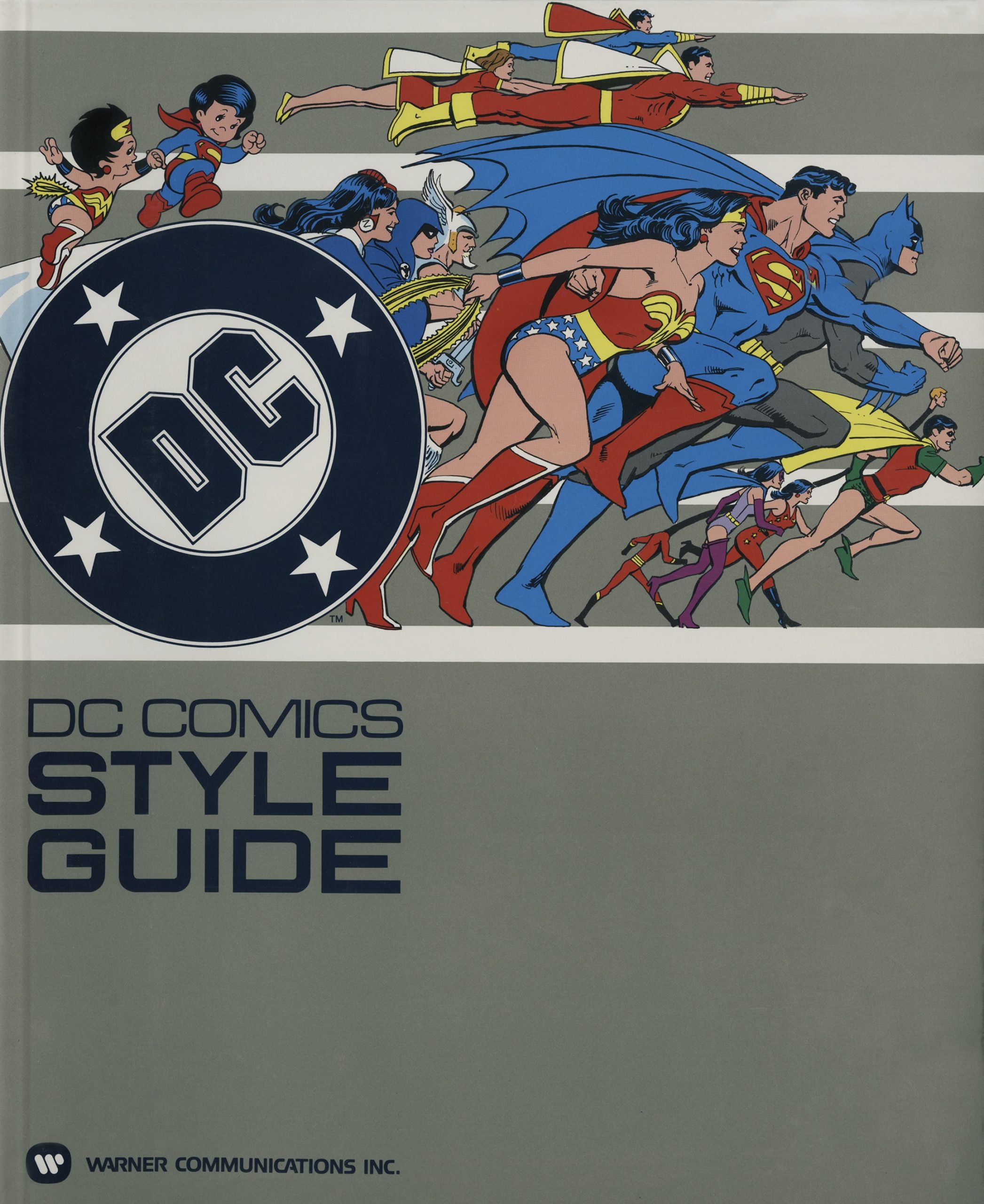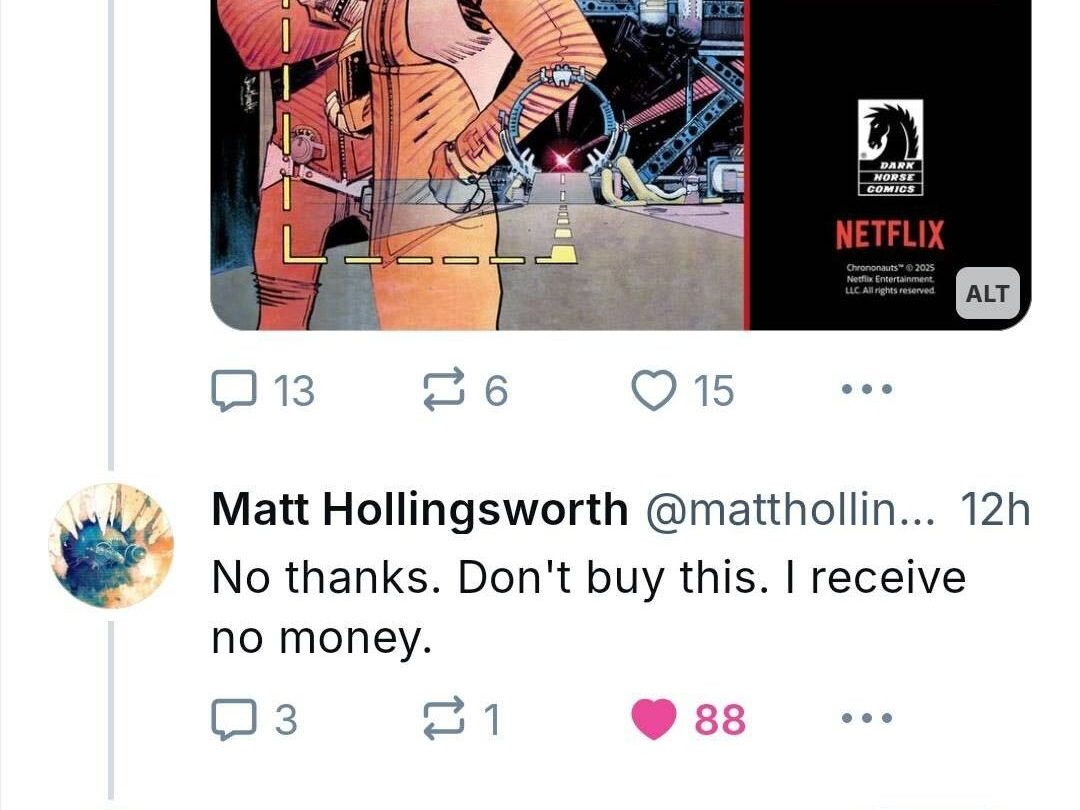
I just got into an argument with Grok about whether Democrats and Communists are the same. It argued they werent, based on their differently worded platforms. By the same logic, “Antifa” isn’t fascist because their name stands for “anti-fascist”. Regardless, as we all know, antifa is a fascistic paramilitary group, and Democrats are effectively communists.
The conversation reminded me of how annoyed I was when I had to pay a huge Affordable Care Act (ACA ) tax on a windfall received over a decade ago, At the time, I had been living in the Netherlands for almost a decade, had health insurance there, and couldn’t possibly benefit from the ACA in any way. Not only that, but the legality of the ACA was and remains questionable. Why was I paying the tax again? Because the government could make my life miserable if I didn’t. Kind of like the mafia. So I paid without complaint.
This got me thinking of government and free enterprise in general. When I was a kid, I wanted to grow up to own a comic book store. To me, that would have been the pinnacle of success. From an adult perspective, comic book stores represent such a small portion of the retail economy that they largely escape government oversight. Apart from paying business and sales tax, they can do what they want.
If you move up the ladder a bit, from the store to the distributor, to the publisher, the government starts to notice. Now you get the Comics Code Authority, a censorship mechanism introduced in the 1950’s, though largely ignored today. At the time it was introduced, senate hearings had decided that comic books were degenerate and not appropriate for children. This lead to the CCA and the wholesale destruction of many comic book publishers of the era. The few that survived either quickly adapted to the new rules or were already compliant, such as the Disney comics, and had nothing to worry about.
The “degeneracy” argument wasn’t hard to make. I’d hate to describe the kinds of horrific things that might be found in comics of the era. Suffice to say they are the stuff of terrorist fantasy. That, and of teenage boys who want to see drawings of girls in bikinis. In short, sex and violence, but more of the latter than the former.

Today, the CCA is ignored so publishers can be free to promote other government-sponsored ideas, ideas that would directly conflict with the CCA. Essentially, DEI and LGBTQ, but more of the latter than the former. So how is it that publishers can ignore the CCA now, but couldn’t before and went out of business as a consequence? Well, because the government wants them to. Now, the exact same material that the government sought to prohibit in the 1950’s (racism and sexual deviation), they want to promote now. So now, the rule can be ignored. The CCA still exists, but without enforcement, it has no power.
 These don’t violate the CCA, but it shows who’s giving the orders. Trump, Nixon, and Reagan covers have a totally different tone.
These don’t violate the CCA, but it shows who’s giving the orders. Trump, Nixon, and Reagan covers have a totally different tone.Things get worse when you move up the ladder another rung to licensed comic book characters in feature films. This is because the government cares a great deal about Hollywood and their capacity to shape minds into government conformity. So they formulate and enforce rules to push DEI. Now, unless each movie contains a certain percentage of minority and gender type characters, the films aren’t eligible for an academy award. The result is a flood of films with black lesbian police commissioners, gay specialist advisors, unswervingly perfect black men in lead roles, and hapless white men, also in lead roles, but the designated butt of every joke.

For people who don’t care about comics, think about it this way: the government doesn’t care about a kid’s lemonade stand. It’s too small. They also don’t care (much) about the lemonade cafe run by the adult version of the same kid, as long as it pays its taxes. When it becomes a huge lemonade franchise, they do care, because now it has the potential to shape many aspects of customer behavior nationwide. Now the regulators come in and demand the franchise sells drinks of different colors to satisfy DEI requirements, they decide how much the workers should be paid, where the businesses can be located (or where they have to be located), etc.
All of those decisions are made to promote government interests which often conflict with the interests of the business and the consumers served by it. Here, we have state-run business under the guise of private ownership and independent direction. The fact that some businesses manage to remain profitable is a testament to their executives’ ability to navigate regulation without self-annihilation. That, or their willing submission to government demands, and receipt of rewards from government (taxpayers) for assisting in their enterprise.
Through unreasonable government regulation, our government may as well own every business large enough to attract their attention. Once noticed, that attention is manifested in the form of decisions that should be made by the company’s principals, not the government, to serve their interests, not the governments. This is particularly true when the government seeks to use it’s control over media and industry alike to subvert our freedoms into serfdom, so that we cease to serve our own interests, but those of our feudal masters instead.
Originally published here



















 English (US) ·
English (US) ·